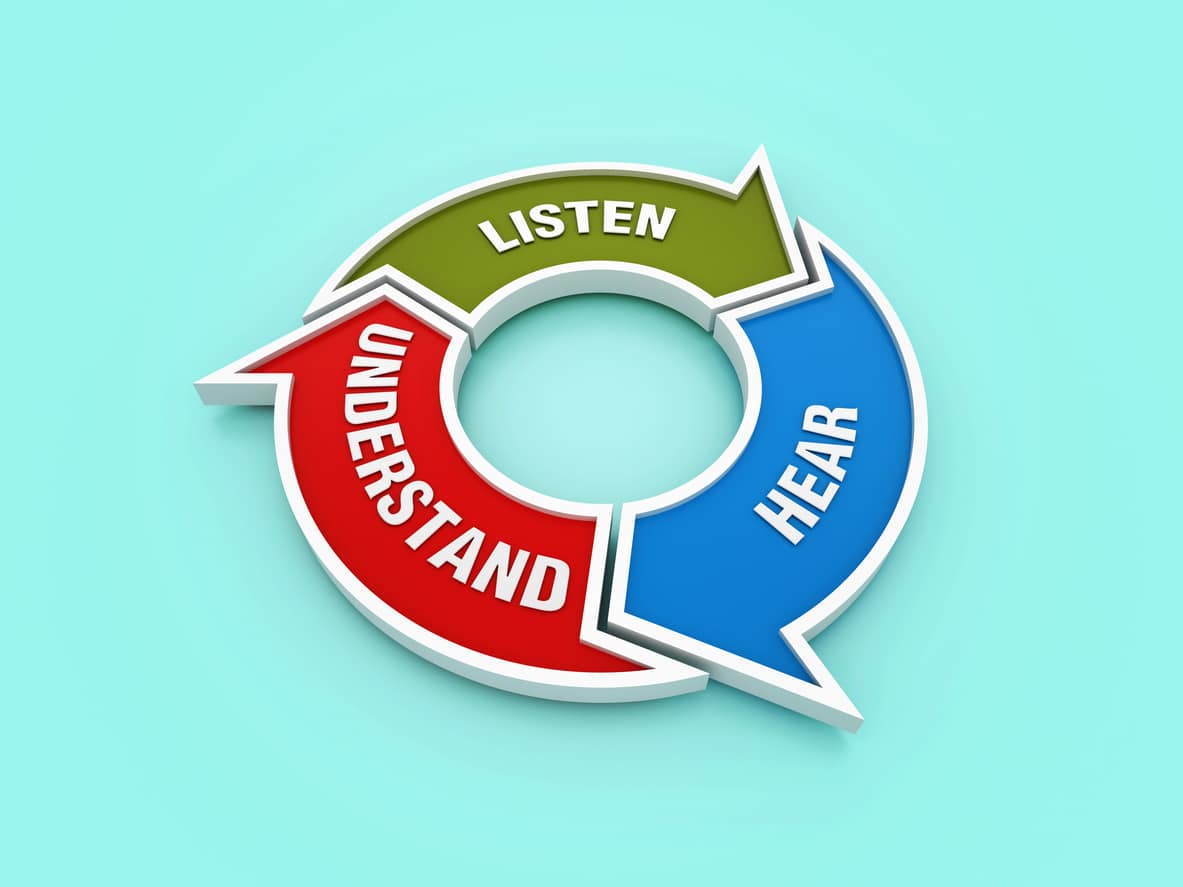Hearing loss makes understanding speech challenging. While hearing aids are powerful tools that amplify sound and support everyday communication, they don’t instantly restore the ability to understand speech, especially in noisy or complex environments. That’s where auditory training comes in.
What Is Auditory Training?

Auditory training is a therapy designed to help people with hearing loss improve their ability to recognize and understand sounds. It retrains the brain to interpret and other auditory cues that may have faded when you lived with untreated hearing loss. Think of it as physical therapy for your hearing.
It’s especially helpful in noisy situations, like crowded Macon restaurants or family gatherings, where multiple voices and background sounds compete for attention. Even with hearing aids, these moments can feel overwhelming without extra support.
Why Your Brain Needs Practice
Hearing loss doesn’t just affect your ears. Over time, the brain struggles to make sense of certain sounds. Once hearing aids are introduced, it can take time and effort for the brain to catch up.
One 2015 study found that while hearing aids can assist in speech comprehension, additional auditory training might be necessary to retrain the brain to hear.
How Does Auditory Training Work?
There are a few avenues for auditory training. Some people work with audiologists or speech-language pathologists. Others use structured programs online or through mobile apps. Some even find success listening to audiobooks.
A few common types of training activities include:
- Listening to speech amidst background noise
- Identifying differences in similar-sounding words like “fifty” and “fifteen”
- Listening to an audiobook or speech and following along with the written text
- Listening to and answering questions about stories or conversations
- Listening to noise and identifying the direction it’s coming from
Hearing aids provide the sound. Auditory training teaches the brain what to do with it. Without training, it’s easy to feel like your devices aren’t working, when your brain really just needs more time to adapt.
Talk to Your Hearing Specialist About Auditory Training
Auditory training can help improve communication, ease frustration and boost your ability to enjoy social outings. The decreased listening effort may even leave you with more energy.
Auditory training doesn’t replace hearing aids. It enhances them. If you’re interested in trying auditory training or want to schedule a hearing aid consultation, contact The ENT Center of Central Georgia today.
